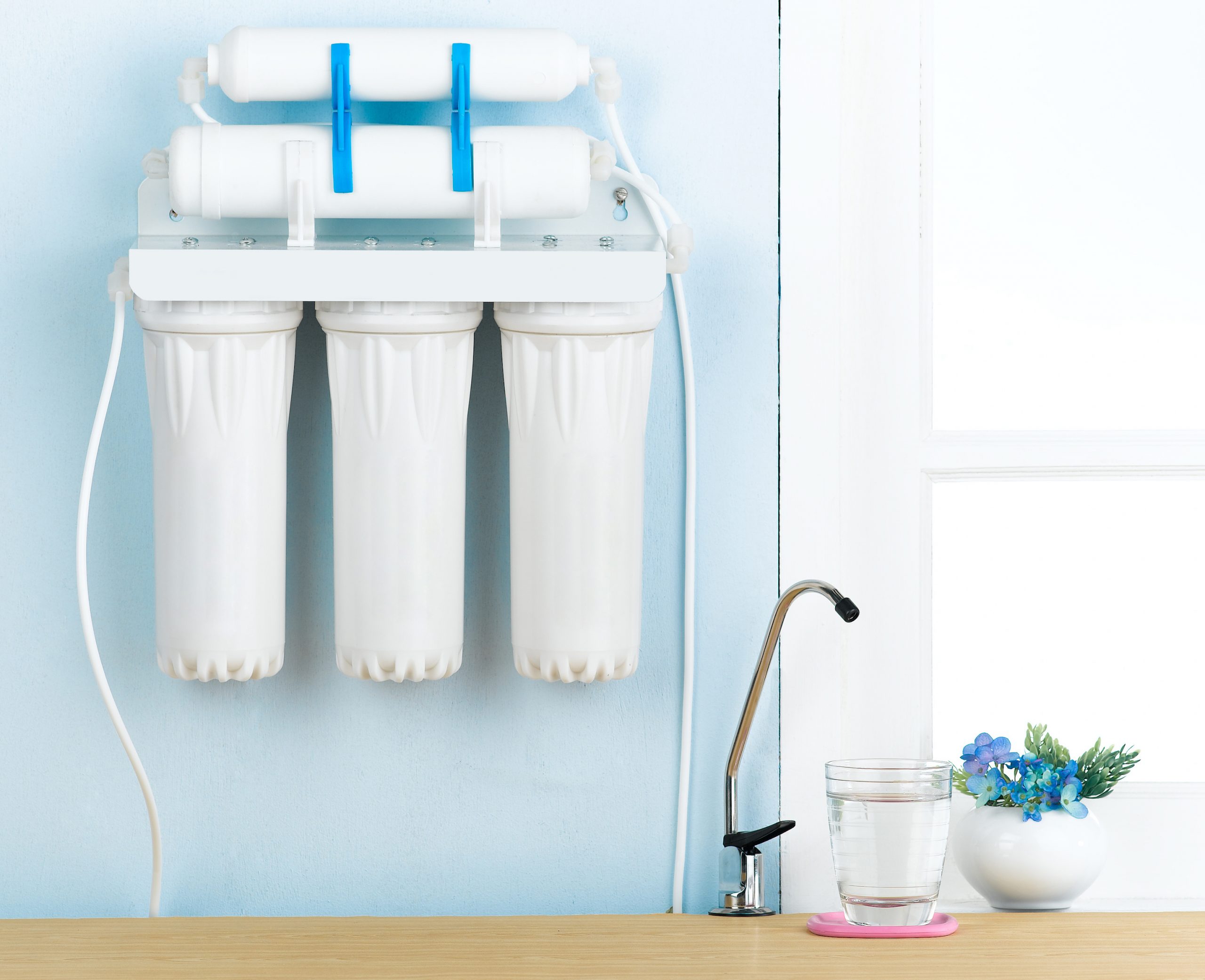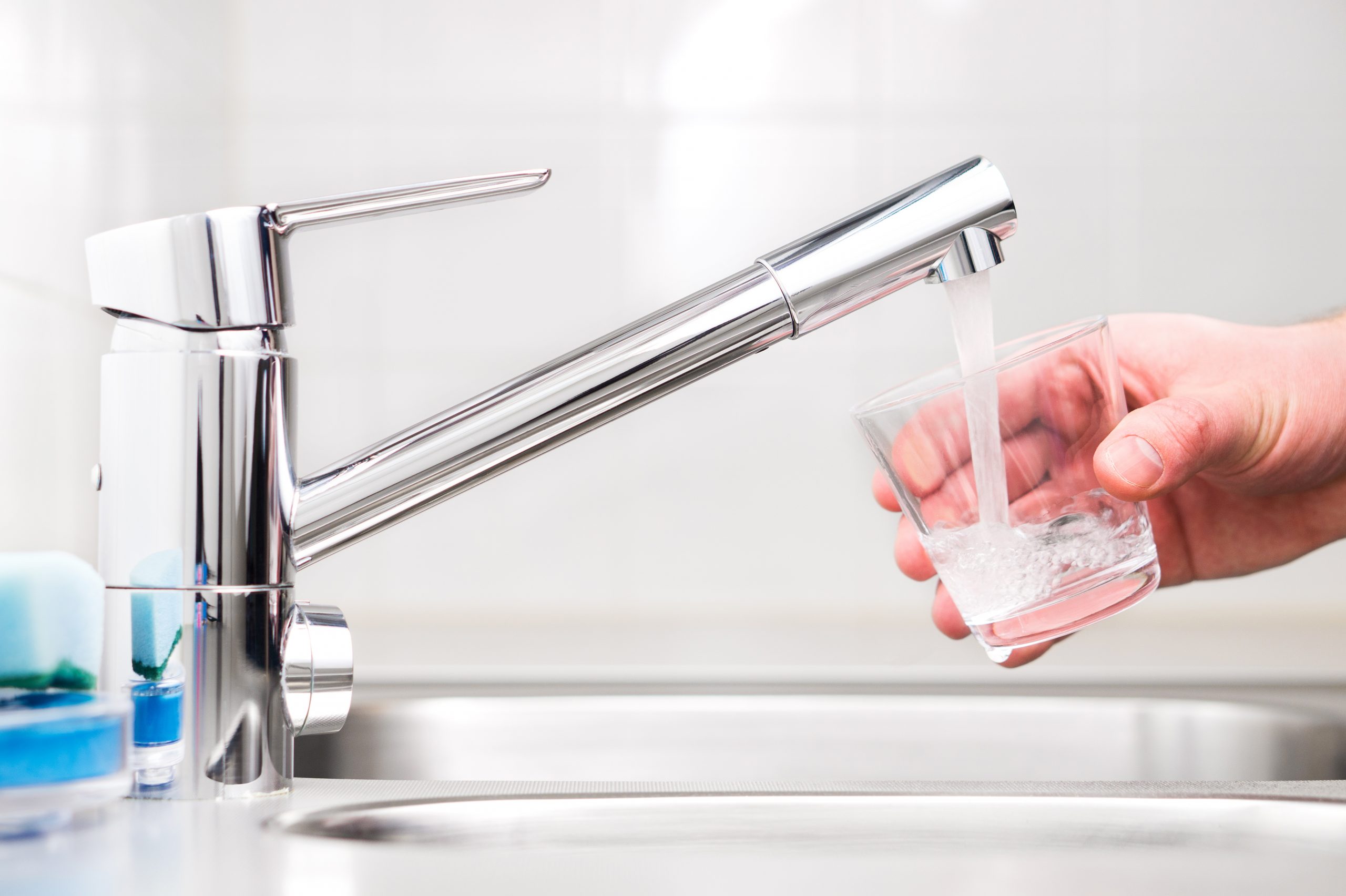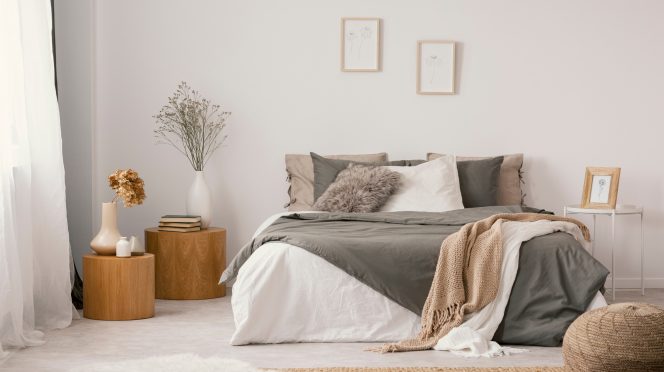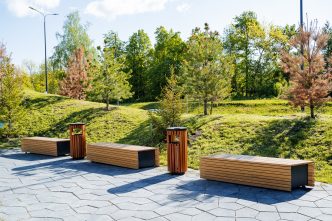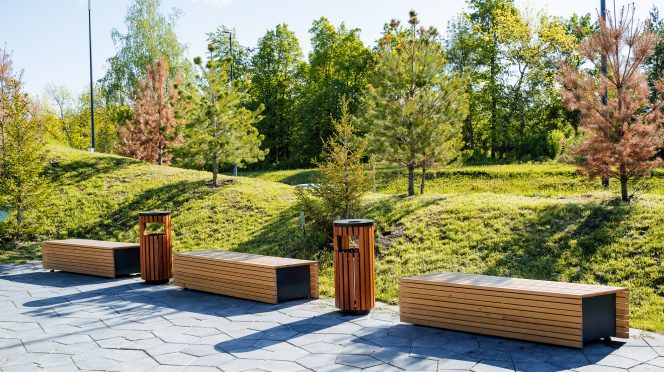No one can live without water—it is one of life’s basic necessities. And while our modern world ensures easier access to water, you may be disappointed to know that there may be a lot in your water that you’d rather not consume.
In fact, the World Health Organization (WHO) said that at least two billion people are using and drinking contaminated water, due to untreated sewage and worsening water pollution. Even if your local municipality heavily treats your water, pollutants and toxins can still contaminate your water from anywhere in your plumbing.
So, if you have growing concerns over the quality of your water, you’ll need to take effective measures to keep your water clean. This is where a water filtration system comes in. Whether this is your first time shopping for a water filtration system or you’re looking to replace your current one, this article shares five tips and considerations when choosing the best system for your home.
1. Test Your Water
Before you start shopping for water filtration systems, it’s important that you first understand what you’re trying to filter out. After all, even the best water filtration system is useless if it doesn’t remove the specific contaminants in your water supply.
Although most water filters are designed to eliminate common contaminants, identifying which pollutants are in your water can help narrow down your search.
So, how do you know what contaminants are present in your water? You’ll need to test it. You can buy a water testing kit online or from your local hardware store. Or if you want to get more comprehensive testing, then consider consulting a water specialist. If you’re getting your water from the local municipality, you can request a water quality report.
2. Consider The Number Of Filtration Stages
Most water filtration systems consist of several water filter cartridges. Each filtration cartridge has a well-defined purpose in the filtration process, working on a specific contamination issue.
Thus, when looking for a water filtration system, you’ll often come across units with varying stages of filtration—from two-stage filters to this 5-stage filter and even up to 10-stage filters. While a higher number of filter cartridges may seem more beneficial, it doesn’t necessarily mean that you need it.
In general, once you have an idea about the contaminants and pollutants you wish to remove from your water supply, you can understand how many filter cartridges you’ll need. So, don’t skip the first tip.
3. Whole House Vs. Water Fixture Filtration
Aside from the number of filtration stages, you also need to decide whether you want whole-house filtration or only filter-specific kitchen or bathroom fixtures.
Whole-house filtration systems, also known as point-of-entry (POE) filters, are installed directly on your main water line. This means that they filter your water before it reaches any water outlets and fixtures in your home such as toilets, taps, and water-using appliances, allowing you to enjoy pure and clean water in your home.
That said, you can also find water filters that can be installed on a specific fixture only. These are called point-of-use (POU) water filters, which only purify and filter water in that specific location. POU filters are more commonly installed in kitchen sinks to filter water for drinking and cooking.
4. Measure The Water Filter
The size of the water filtration system is another factor to consider, particularly if you’re considering a countertop or under-the-sink water filter. Since these filters take up space, you should check if the unit’s size can fit into your preferred location.
In general, you want to make sure that there’s enough space so you can conveniently locate your filters and do the necessary maintenance with ease.
5. Set A Budget
Depending on the type of water filter you choose, you can expect to shell out a few hundred to thousands of dollars. So, make sure to set a specific amount you can afford for a new water filtration system.
In general, under-sink and countertop water filters can cost you between USD$150 and USD$1,200. However, for whole-house water filters, you can expect to shell out up to USD$4,200 or more.
Compare water filters from different manufacturers. Also, aside from the upfront cost, you should also consider installation, system maintenance, and future repairs.
Takeaway
Clean water is a must to ensure your family’s health and overall well-being. And in a world with worsening water pollution problems, buying and installing water filters have become a necessity to ensure that your water is as pure and clean as possible.
If you’re ready to take the steps toward healthier and cleaner hydration, follow the above tips to find the best water filtration system for your home.
